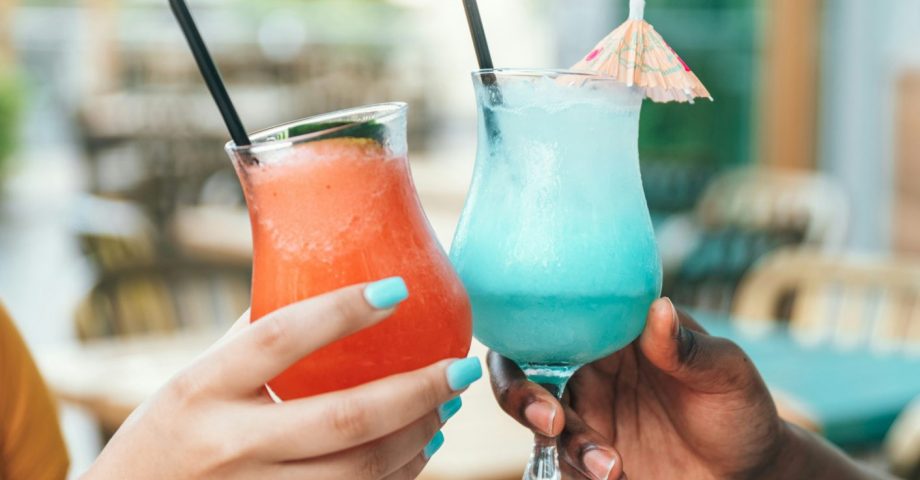Last Updated on April 9, 2025
Do you ever theorize that your complex relationship with drinking comes down to an “addictive personality”? Maybe you’ve tried to cut back on alcohol, found it way harder than you thought, and wondered if there’s something more profoundly different, maybe even broken, about you.
But here’s the truth: Most of us don’t fall into the simple categories of “totally fine” or “addicted.” And more importantly, clinging to labels like “addictive personality” generally doesn’t help you make actual improvements. It’s more likely to keep you stuck.
Watch The Related Podcast
What Is An Addictive Personality, Really?
The idea of the “addictive personality” gets thrown around a lot. But it’s not a concept backed by science: In fact, there’s no universally agreed-upon definition of the term. (It’s also not a formally recognized diagnosis.) Psychologists and researchers haven’t pinned down a single personality type that causes addiction. The factors that can contribute to addiction—environment, psychology, etc.—are far more complicated and nuanced.
For many people, their “addictive personality” is usually just a strong habit loop formed around one behavior, like drinking. And habits, unlike personalities, can be changed.
If someone really had a blanket “addictive personality,” they’d be compulsively addicted to everything: gummy bears, blackjack, TikTok, coffee, shopping. But that’s rarely the case. More often, it’s just one behavior that’s somehow gotten out of alignment with the person’s values and preferences.
And that’s actually good news.
The Better Question to Ask
Next time you find yourself wondering if you have an addictive personality, ask yourself this question instead: Is this behavior working for me?
That shift in focus invites real change instead of judgment. It stops being about identity and starts being about alignment with the true self.
And if you ask yourself if a behavior is working for you, and the answer is no, that’s not a character flaw. That’s a signal. You can work with that!
Most People Don’t Need Rock Bottom
Here’s something a lot of people don’t realize: Around 80% of people who struggle with alcohol do not meet the criteria for a severe disorder. These people do not have alcoholism. They’re just drinking more than feels good for them.
If that’s you, know that you don’t need a dramatic turning point or a rock-bottom moment to make a change. You just need a starting point. Something doable. Something honest.
Harm Reduction
You might’ve heard this term floating around more lately, especially in conversations about substance use. Harm reduction is all about making things a little better. It’s not about perfection. It’s about progress.
In the context of alcohol, harm reduction might look like:
- Taking regular breaks from drinking
- Choosing alcohol-free options more often
- Tracking your drinks and setting weekly goals
- More mindfulness around when and why you drink.
Even small changes can make you feel better, both mentally and physically. And just as importantly, those small changes build momentum. They remind you that you’re not stuck.
Make Gratitude a Priority
When you want to make a change, it’s tempting to try and shame yourself into it. “Why can’t I get it together?” “I should’ve figured this out by now.”
But as you may have found if you’ve tried a shame-based approach, shame doesn’t actually motivate—it paralyzes. Gratitude, on the other hand, opens the door to real growth.
So what does gratitude look like in practice?
- Feeling grateful that you’re even thinking about change.
- Feeling grateful that you’re paying attention to how you feel.
- Feeling grateful that you care enough about yourself to want something different.
That mindset shift isn’t just fluff. It’s a powerful way to move from stuck to steady. From spiraling to grounded. From self-judgment to self-leadership.
A Gentle Challenge
If you’re feeling overwhelmed trying to “figure yourself out,” pause. Forget the label. Forget trying to define your whole personality.
Instead, ask yourself this: What’s one thing I could do differently today? Not forever. Just today. And then do it, with gratitude that you can.
You don’t need a new identity. You don’t need a perfect plan. You just need a step forward.
Ready to take that step forward? Try a 15-day free trial with Sunnyside.




